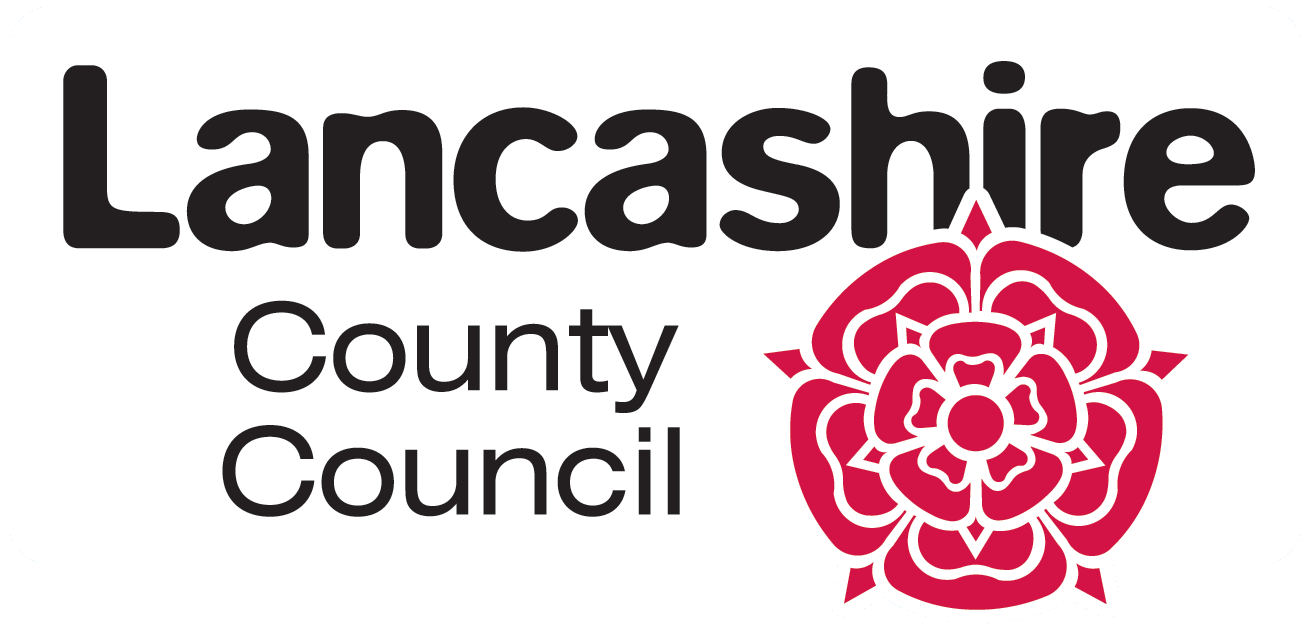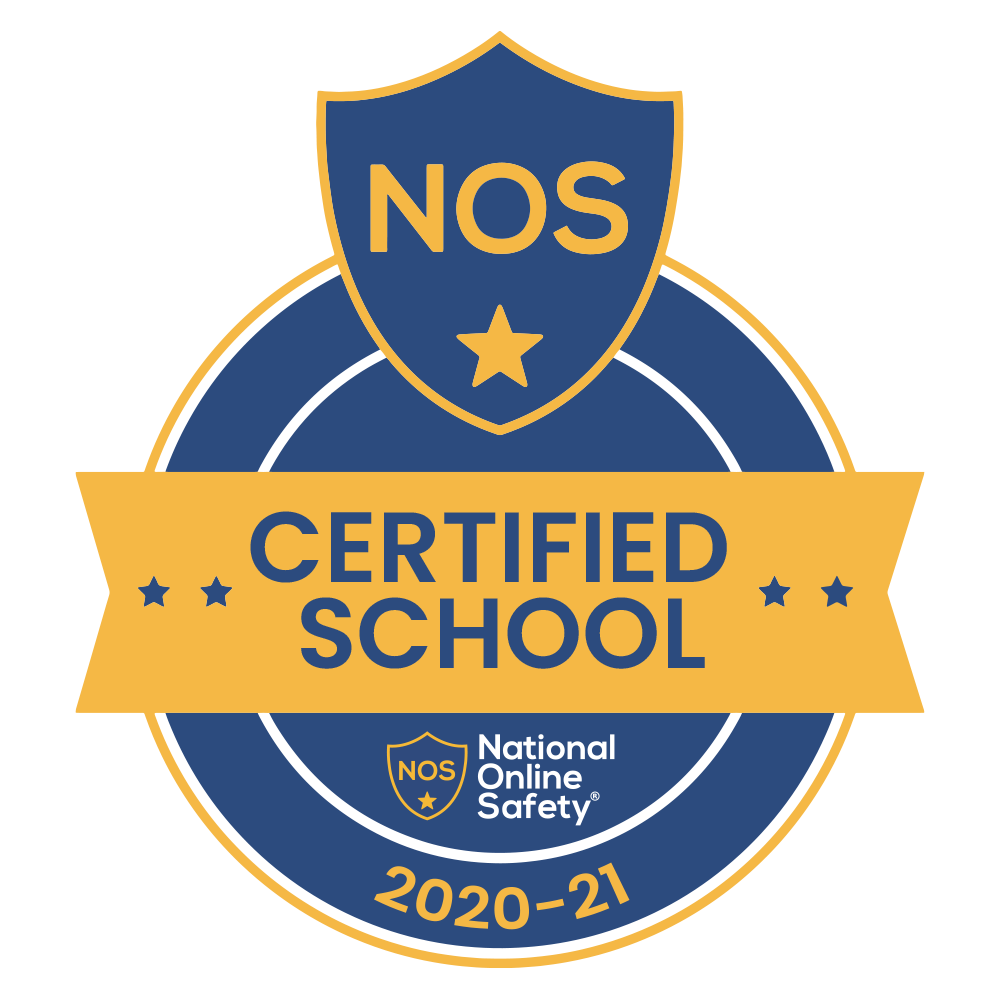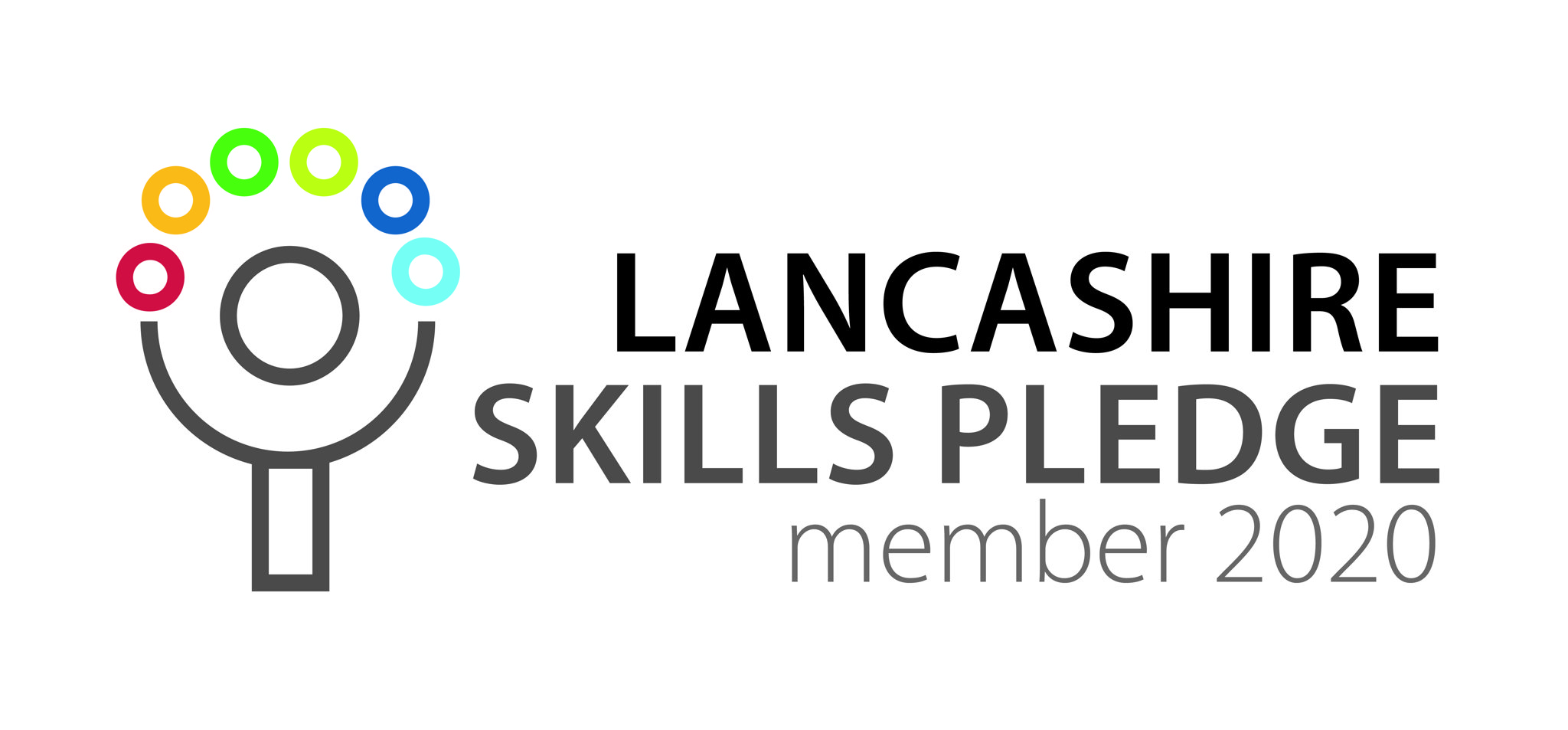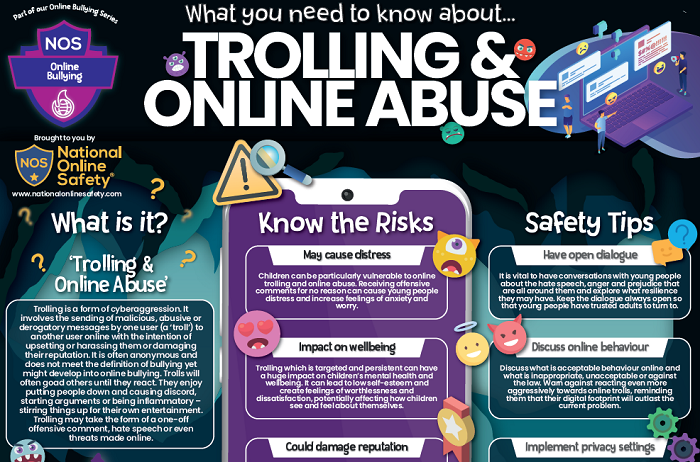
The next instalment in our Anti-Bullying Week campaign (which runs from Monday 16th November until Friday 20th November) is Trolling and Online Abuse. Each day this week we will share with you more information on a range of bullying topics, as reports state that a fifth of young people have been victims of bullying over the past 12 months*. We hope these guides will give you some tips/guidance if you are a victim of bullying or help if you feel you may have become a bully yourself, with reminders of how to be kind to others.
Trolling is a form of cyberaggression. It involves the sending of malicious, abusive or derogatory messages by one user (a ‘troll’) to another user online with the intention of upsetting or harassing them or damaging their reputation. It is often anonymous and does not meet the definition of bullying, yet might develop into online bullying. Trolls will often goad others until they react. They enjoy putting people down and causing discord, starting arguments or being inflammatory – stirring things up for their own entertainment. Trolling may take the form of a one-off offensive comment, hate speech or even threats made online.
In the guide, you'll find tips on a number of potential risks such as mental wellbeing, damaged reputation and age-inappropriate language.

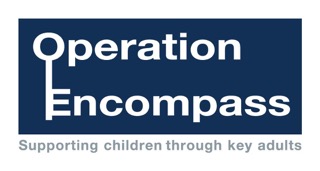
.jpg)
